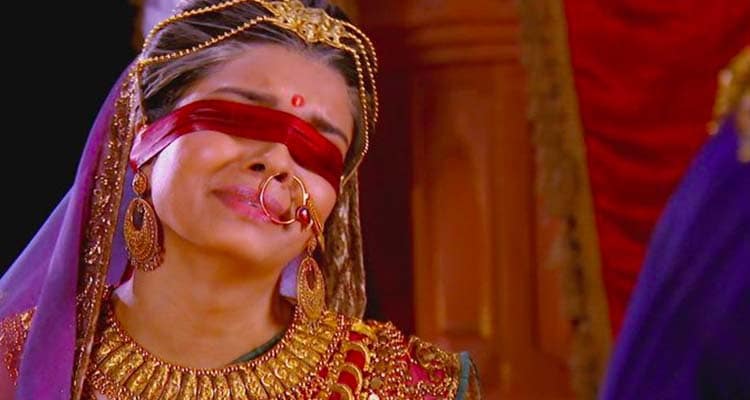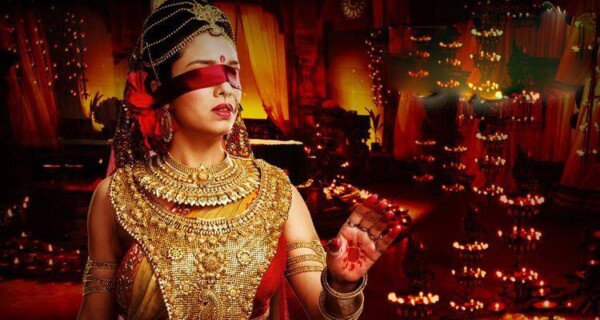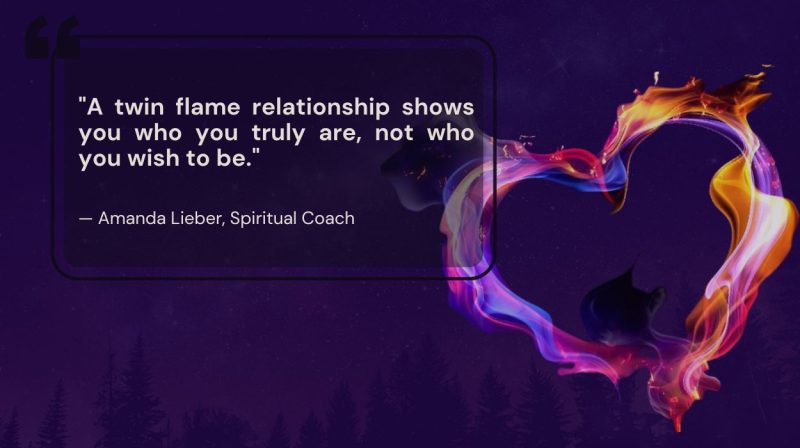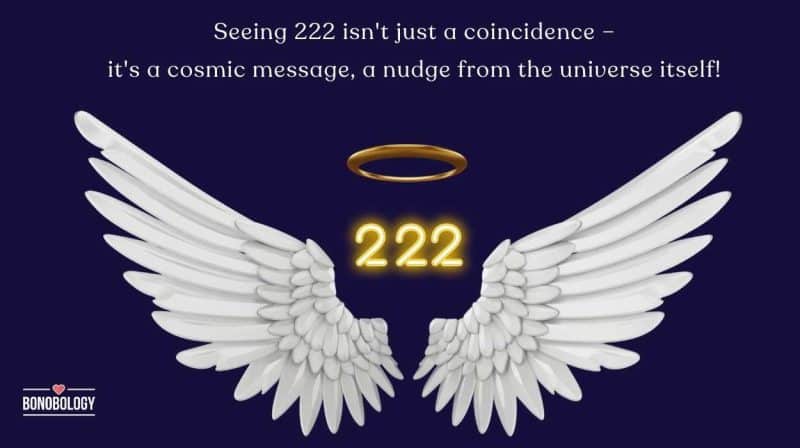What if every blind man’s wife refused to see, every deaf man’s wife refused to hear, or every paraplegic’s wife refused to walk? The world would be doomed! The Mahabharata bears this out through the story of Gandhari, the beautiful teenaged princess of Gandhar, who was to be married off to a somewhat older blind king. In those days no one batted an eyelid at the obvious misalliance, least of all the young princess in question. She took it upon herself to honour her father’s word and was happy to marry the blind Dhritarashtra, the powerful King of the Kurus. The Gandhari story is unique.
There is also a belief that it was there in Gandhari’s horoscope that whoever she married would be killed. So she was initially married to a goat to change her destiny and that way Dhritarashtra was her second husband. She was more than happy to be married to the Kaurava Prince but apparently she was not told he was blind when the alliance was fixed. She only discovered that after the wedding and it was a rude shock to her.
Why Did Gandhari Blindfold Herself?
Table of Contents
But Gandhari took everything in her stride. Gamely, she even tied a white cotton blindfold over her eyes to empathise with her blind future husband. The people around her, and in the heavens above, probably rained blessings on her for this grand gesture. How virtuously loyal of her, they probably thought. It was the supreme sacrifice a woman could make. Her oath is very similar to Bheeshma’s oath of celibacy that they both honoured till their last breath. Gandhari went down in the pages of history as the woman who gave up her sight for the love of her husband Dhritarashtra. A sacrifice that was unimaginable. She wanted to ensure that her husband did not feel any less in the relationship. They were equals after her oath. But was that the only reason for which she blindfolded herself?
Related reading: Love in the Mahabharata: An instrument for change and for revenge
The real reason why Gandhari chose to be blindfolded
Like questions are raised about the real reason for Bheeshma’s oath and many say it was all about selfishness and revenge, the same aspersions are cast on Gandhari’s oath of blindness. Many feel that Gandhari was overwhelmed by the idea that being a blind person’s wife she would have to do everything for him. That would mean endless arduous tasks day in and day out. But if she was also blind then others would do the tasks for them. So she would be able to live the life of a true Princess and not do seva of her husband from morning till night. But her decision to blindfold herself turned out to be a bigger handicap than she had imagined.
Was Gandhari’s decision to blindfold herself right?
It was a wrong decision that led to one disaster after another. Gandhari’s self-imposed sightlessness quickly turned from virtue to vice when she failed to discriminate between right and wrong, thus rendering her as weak as her husband.
Of the hundred sons and one daughter they had had through special means, all were wicked or married to wicked people.
The Mahabharata names only the two main brothers, Duryodhana and Dushasana, caricaturised as arrogant and greedy. Drunk with arrogance and its damaging forcefulness, they broke every rule of decency and righteousness. The hapless, unseeing parents were unable to resist the force of Duryodhana’s wickedness, a wickedness further fuelled by their persistent ignorance. The law of Karma took its course, leading to the eventual downfall of the entire family. So the effect of Gandhari’s decision to blindfold herself was disastrous because her children refused to take the advice of their blind mother seriously presuming that she knew little about the world. So the most virtuous woman had to deal with 100 children who had no virtue and never listened to her.
Gandhari could have been Dhritarashtra’s strength
Imagine instead, the scenario, where Gandhari does not blindfold herself, but stands next to her husband as his strength. She would have ruled alongside him, albeit by proxy, and would have been a force to reckon with from the outset. Her sons would have known that they were accountable to her for everything they did and that she could not be taken for granted.

Gandhari could have given her husband positive support
I recall the story of a friend I used to have. Her father, then in his 40s, had suffered a paralytic stroke that had rendered his legs useless. Her mother chose, however, not only to walk but to stride. She already had a job, which she continued. The family ordered a special car, completely hand-operated, which the gentleman used to drive himself, to his place of work and back. He just had to be helped on and off his wheelchair while getting out and into the car. What, I wonder, prevented Gandhari from taking such positive measures?
Was she, perhaps, caught up in an image of herself as a virtuous and loyal wife that she created after her supreme sacrifice? Had she had not blindfolded herself, would she have judged herself as disloyal and thus fallen in her own estimation? Was her unrealistic expectation of herself partially instrumental in destroying the entire family?
It could be that Gandhari probably realised midway into her life that she had done a historic blunder by blindfolding herself but there was no going back then because an oath is an oath.
It’s dangerous, this thing – vice disguised as virtue. It can happen when we do not think through all the ramifications of an idea. It happens when the ‘virtue’ has complete social sanction and approval. To complicate matters, some disabilities and weaknesses are not always visible. And that makes them all the more difficult to spot and to handle.
Supportive action must always be positive, not passive
Consider the modern couple. They don’t have kingdoms to rule, but they do have households to run and families to raise. So how do they cope with personal weakness – say, social media addiction? It creeps up unseen and remains unseen, while insidiously destroying communication. If one partner is addicted, the other gets lonely; the question is – should the other get addicted as well? Will it dispel the loneliness? Will it strengthen the bond of the couple? Or help raise a wholesome, balanced family? What could be a positive action that will mitigate the weakness of the addicted partner and restore balance to the family unit? That, and only that, positive action must be taken.
Relationships are dynamic and require constant balancing, through some smart decision making. Gandhari and Dhritarashtra are a clear metaphor of how the couple lost their ‘couple’ strength solely because of one partner’s emotional decision. If only she had realised that if one can’t see, then the other MUST no matter how much hardship it meant. A couple must work to balance and complement each other. Then, and only then, are they a strong unit.
Your contribution does not constitute a charitable donation. It will allow Bonobology to continue bringing you new and up-to-date information in our pursuit of helping anyone in the world to learn how to do anything.























If we see it this way, perhaps the flawed choice of Gandhari was a lesson Myth was already trying to teach women. A woman must not lose her individuality and walk in the shadows of her husband. As life partners they should add to each other’s growth. They should empower each other. And i have always felt that choosing to be blindfolded just to satisfy the damaged ego of her husband was not a sound choice. But yes, that’s what myth offers to us. It not just offers us what to do, but also what not to do. If only we could dive a bit deeper in the tales of the myth and try to comprehend the insights being offered to us, the world might have been much better a place.